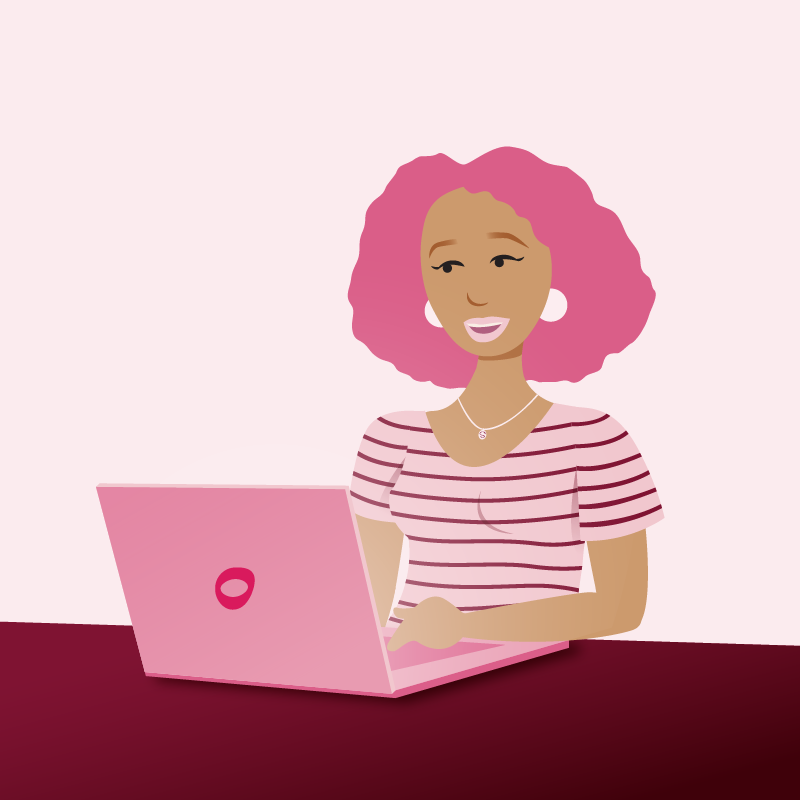
10 Nutrition Tips for Pregnant Women
During your pregnancy, you’re eating for two. That means you need to eat more, and you need to eat better. As a result, your diet
Meditation is a time-honored, ancient practice. Historical records indicate meditation as a common practice in India as early as 1500 BCE, but most historians believe humans started far earlier, likely 3000 BCE. The only difference between now and then is that medical science can measure the effect meditation has on the body, hence the sudden rise in interest in the general population. Clinical trials involving meditation and mindfulness have exploded from only eleven in 2006 to 216 in 2015, with more coming every year. Still, we’ve only scratched the surface on how the benefits of meditation go.
Meditation is essentially brain training. It’s the practice of focusing the mind on one specific thought or activity, gently redirecting attention back to the chosen subject whenever the mind wanders. That’s why it’s so useful in cultivating problem-solving skills and higher levels of focus. You’re shaking your brain out of its autopilot habits and training it to pick up on the details around you. Researchers have also found that mediation increases concentration and allows you to more quickly refocus once you’ve been distracted. There’s no such thing as multitasking—your brain is physically incapable of doing anything but one task at a time and automated functions. You’re never going to write an email, work on a project, and phone your boss all at the same time. With meditation, however, you can learn to quickly bounce back to a task and instantly refocus after that pesky phone call or knock on your door.
The vast majority of people find their way to meditation because they want to feel less stress in their lives. This is also the primary reason why people feel meditation has failed them. Meditation doesn’t keep stressors from coming your way or make you in any fashion immune to stress. However, research has shown that meditation makes you more resilient to stressors. When we’re under pressure, our fight-or-flight responses kick in. Very useful when we’re actually in danger, not so much when we’re just stuck in traffic on the way to an important meeting.
This much-needed biological reaction can build up and have adverse effects throughout your entire body—humans aren’t meant to exist in a constant state of stress! You’ll notice that the first step of most meditation practices is to take a deep breath. That’s because deep breathing allows for more carbon dioxide to enter your bloodstream, causing your amygdala, the part of the brain that handles stress and anxiety, to realize there’s no problem and calm down.
Go ahead! Try meditation for one month and see if you notice a difference in your reactions to distracting or stressful stimuli. Set a custom reminder on Oohvie to keep you on track, and let us know in the comments how meditation works for you!

During your pregnancy, you’re eating for two. That means you need to eat more, and you need to eat better. As a result, your diet

Periods. The word alone can cause anxiety. If you have PMS, the anxiety can be multiplied by 10. The only thing worse than your period
One of the most natural occurrences for women is their period. For many women, however, it can be hard to know what’s going on with
Copyright © Oohvie 2024 . All rights reserved. | Privacy Policy | Terms & Conditions


